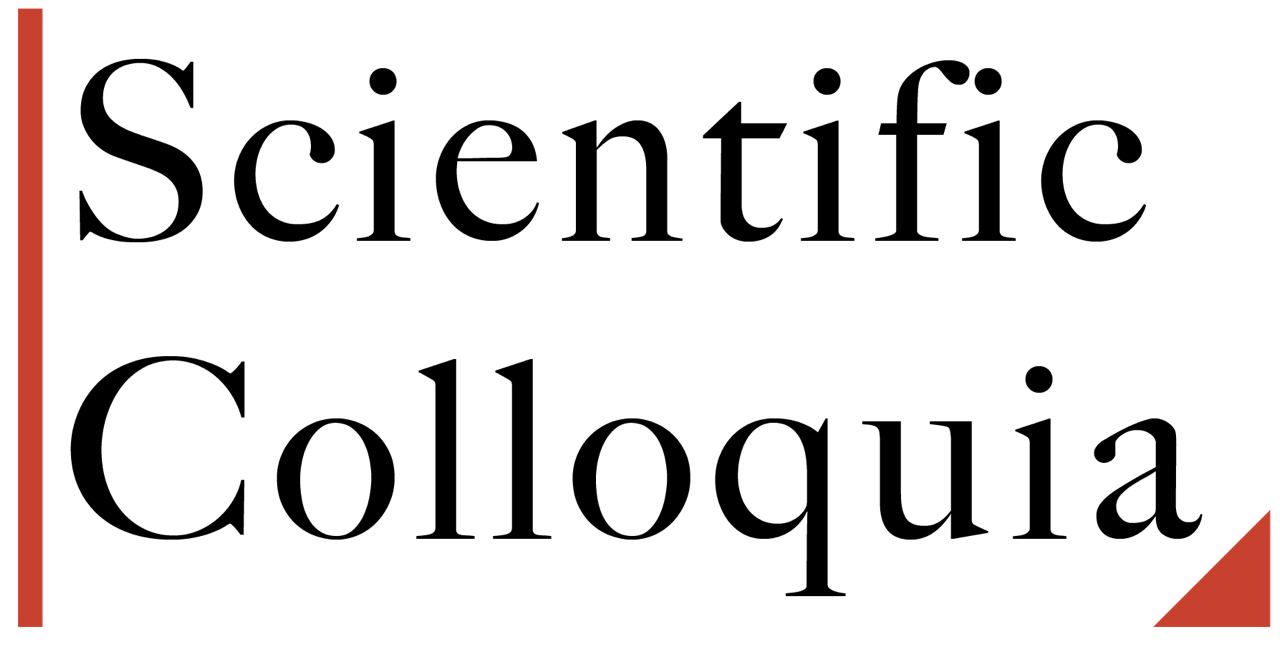
Bridging Local and Global Universe via gravitational astrometry: The Milky Way paradigm
In brief, Gravitational Astronomy in this capacity is part of Fundamental Physics and an essential tool for building up a spacetime map of our Universe.
In 2012 she created the interdisciplinary event "The Time Machine Factory [unspeakeable, speakable]" (https://indico.ict.inaf.it/event/751/) over years focused on causality violation, non-locality, black holes, and gravitational/quantum metrology, in collaboration with INRiM, Politecnico of Turin, SIGRAV and University of Turin (Dep. of Mathematics) with the aim to push new frontiers in astronomy, astrophysics, mathematics, space technologies and quantum physics.
She is also very active in cultural astronomy and contributed to several multidisciplinary events within the context of the Gaia mission as its legacy with old astronomy, and many aspects of modern astrophysics.
- Programma
- Ospite
- Participante
- Previsione
- Commenti
I dati meteorologici non sono attualmente disponibili per questa località
Bollettino meteorologico
In corso stec_replace_today_date
stec_replace_current_summary_text
stec_replace_current_temp °stec_replace_current_temp_units
Vento stec_replace_current_wind stec_replace_current_wind_units stec_replace_current_wind_direction
umidità stec_replace_current_humidity %
Sente-se como stec_replace_current_feels_like °stec_replace_current_temp_units
Previsione
Data
Clima
Temperatura
Next 24 Hours
Offerto da openweathermap.org
